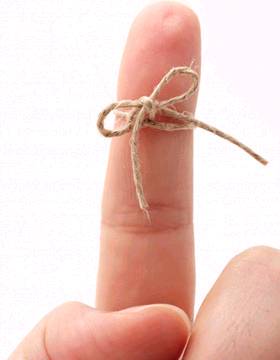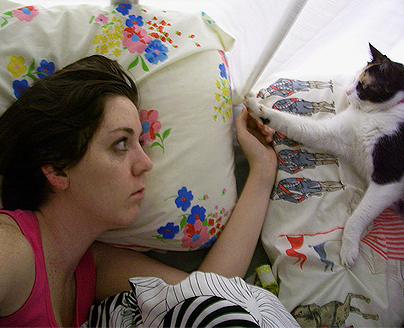Remembering A Name
If you are one of those individuals who find it difficult to remember names don’t worry, you are not alone. Most of us have had this experience, and there is no reason to be embarrassed or upset. Odds are, the person whose name you forgot, has had the same thing happen to them at one time or another.
Because the ability to recall the names of people you meet in social or work situations will always be a benefit, here are some simple techniques to improve your memory of names and faces dramatically.
First, we need to adjust our priorities, realizing that every new relationship can be an advantage in one aspect of another. Acknowledge every new relationship as a priority. Once someone has introduced themselves, try to focus on the individual and repeat their name. While doing this, try to make a mental connection between their name and something familiar. When I met a woman whose name was Tiffany, I noticed that she was elegant, so I mentally linked her name with the upscale Tiffany store. Try to stay in the moment, and not worry about what you are going to say next, and most important, relax, and focus on that person.
After the initial introduction, start using their name in a conversation during your introductory meeting or sometime shortly afterwards. Ask them a question about themselves or their business and be sure to use their name in the process. Three times should be enough to remember. Be sure to act as natural as possible and not to overdo it.
Another method may be association. As humans, we are naturally programmed for face recognition, so it just takes a little extra effort. Take time to study the individual and become aware of any physical image or mental characteristic that might you help remember their name. Is the person small or large, heavy of slim? How about hair color or posture. It might even be easy to associate a person with a picture. The more you study a person, the easier it will be to recall their name.
It might be a good idea, when you get home or back to the office to write down the names of the people you’ve met along with a few facts or characteristics about them. Some suggest to write down their names a few times a week for at least the first month, as a highly effective device for face and name recognition.
It might be interesting to know that human faces are not processed by the human brain in the same way as other information, in fact, the human brain contains many different areas, each which are responsible for a different purpose. While some areas of the brain are able to take over the functions of other areas should they be damaged, the region dedicated to facial recognition is not one of them. Should this area be damaged, an individual will actually lose the ability to associate faces with names, even those of close friends or relatives.
So when meeting someone new, either in a work situation or a social situation, make a conscious effort and commit to remembering their names using the easy steps outlined above. It is the best way to make a lasting impression.



























